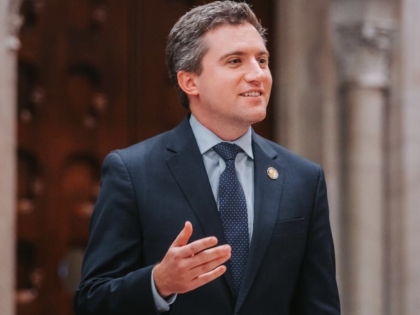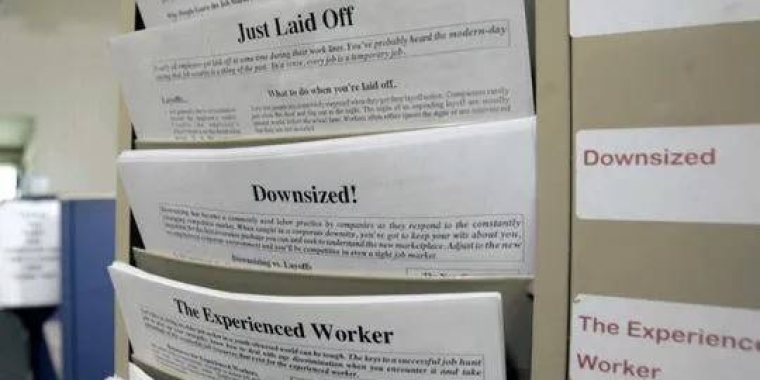
NY must resolve its COVID unemployment debt — a threat to small businesses

March 2020 feels at times like an eternity ago, at other times as though it just ended. Winter was hanging on when the world shut down. Schools closed, restaurants shuttered and businesses hung tentative “closed for now” signs in their windows. Four years ago, none of us knew exactly what was coming.
That month, New York’s private sector lost more than 1.7 million jobs, driving unemployment from 4.4% to a devastating 16.2%. This was due to businesses severely reducing services or shutting down completely to comply with health mandates. As a result of these unprecedented circumstances, applications for unemployment benefits surged.
The unemployment insurance system became overwhelmed by this unparalleled spike in claims and quickly exhausted the funds New York held to pay out claims. Unemployment claims are paid out from the Unemployment Trust Fund, and once that money was used up, New York borrowed $11 billion from the federal government to continue paying claims.
This was not unusual — other states in similar situations did the same thing. What is atypical is that New York still owes debt on that borrowing. New York and California are the only two states with outstanding balances, but unlike California, New York has not used any of the billions received in federal COVID relief to pay off that UI advance. Which means that until that debt is paid, New York State small businesses are required to pay substantially higher unemployment insurance taxes.
As of July of last year, New York businesses were notified that — once again — they would take on not only the state’s debt but also the debt interest payments in the form of an annual assessment surcharge. This would amount to $21.60 per employee, and would be levied until the interest — and the multi-billion-dollar debt itself — had been satisfied. This is in addition to the highest possible unemployment insurance tax rates, which average an additional $250 per employee per year.
For many employers, these unemployment insurance costs have risen by thousands each year. These costs are shouldered by businesses — including those still recovering from 2020 and the years following — though it was public policy and state-level decision-making that led to the allocation of money away from the Unemployment Trust Fund.
Ultimately, the state has a responsibility to take ownership of its decisions — and its debts — to help protect New York small business owners, who should not and cannot be compelled to bear this weight alone. In this year’s state budget, we ought to allocate funds to cover, at a minimum, the interest payments on our federal debt in an effort to shield our Main Streets from further financial harm. New York’s small businesses are the lifeblood of our communities, and when we support their success, we support our own.
State Sen. James Skoufis, a Democrat, represents New York's 42nd District and Ashley Ranslow is New York state director of the National Federation of Independent Business.



